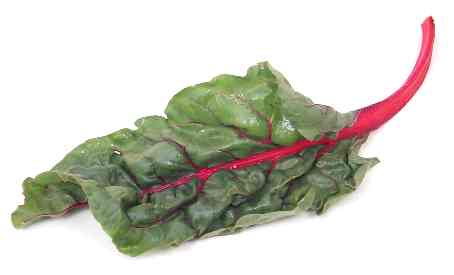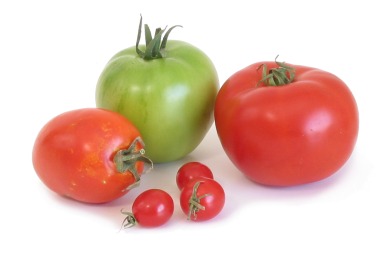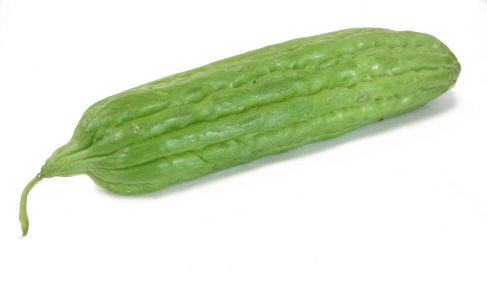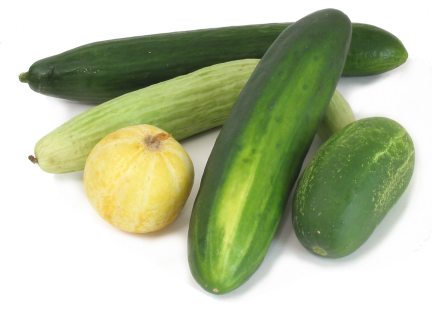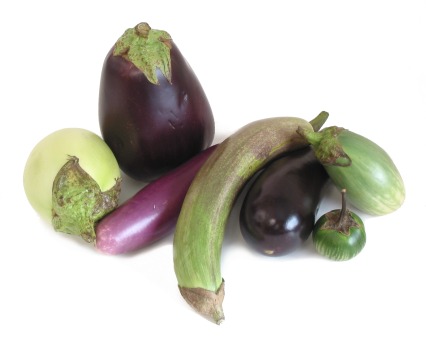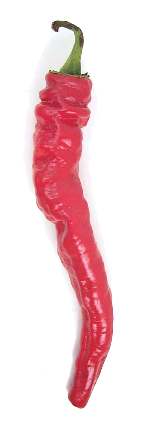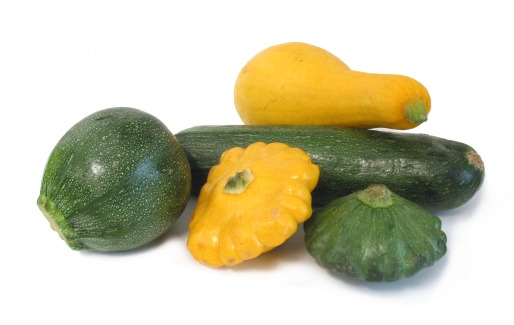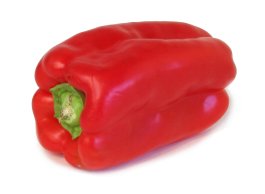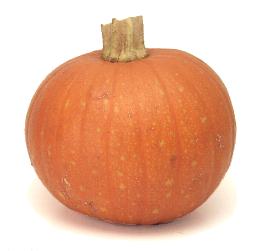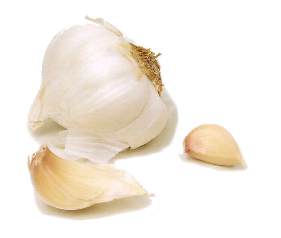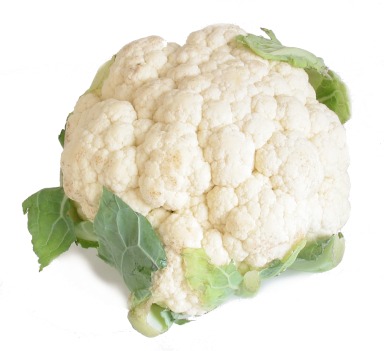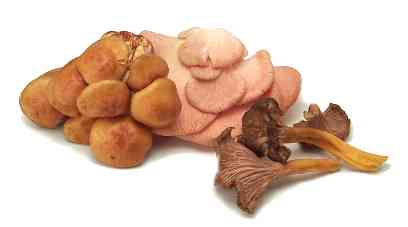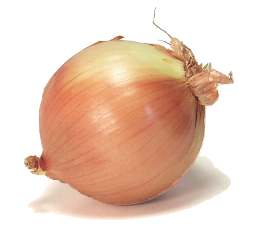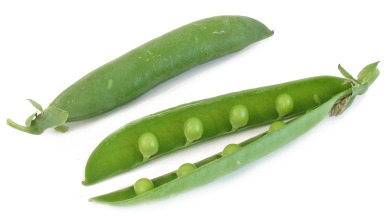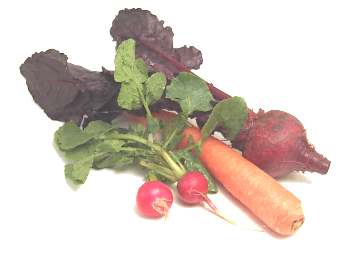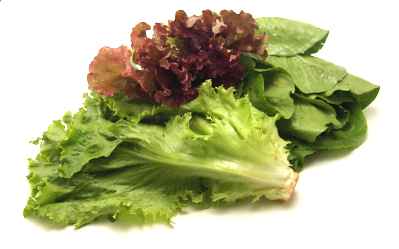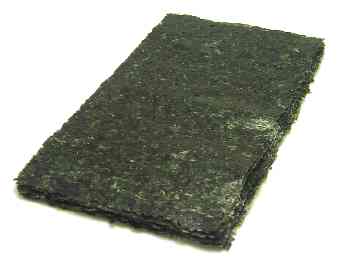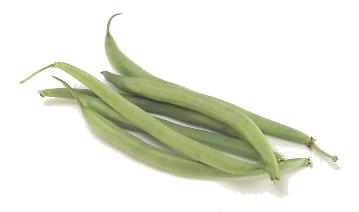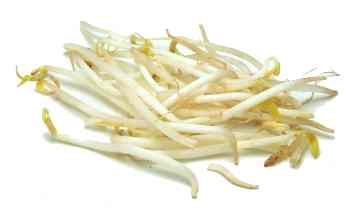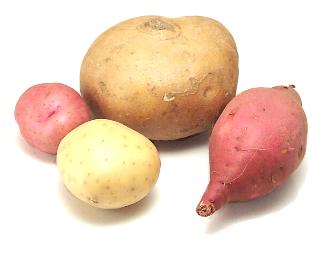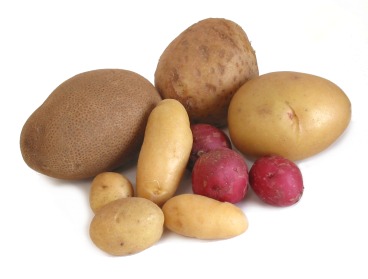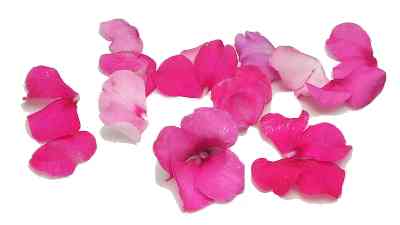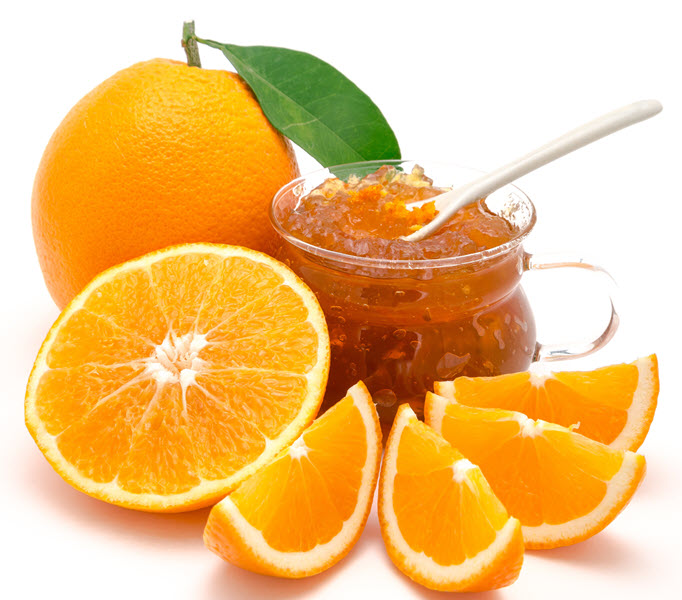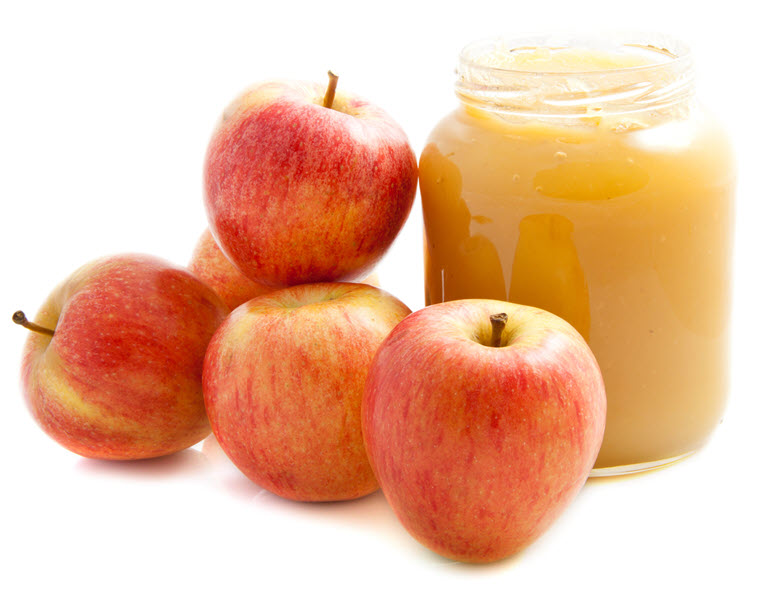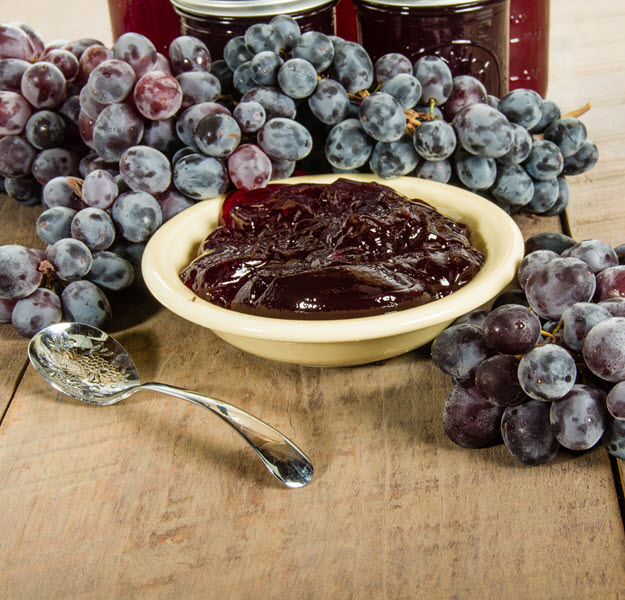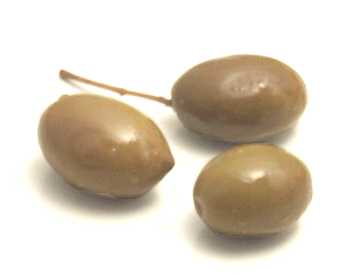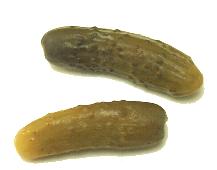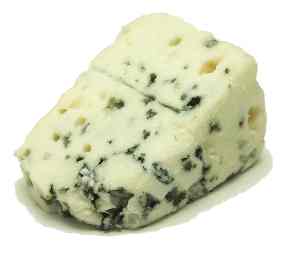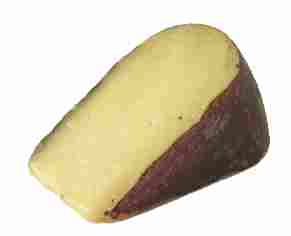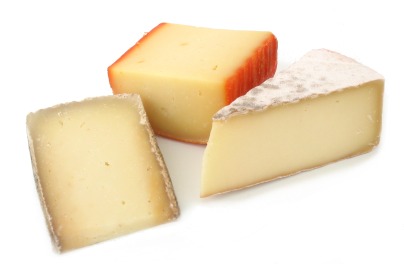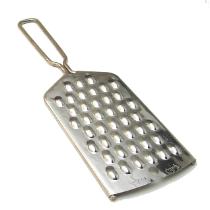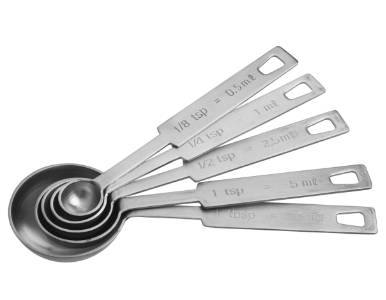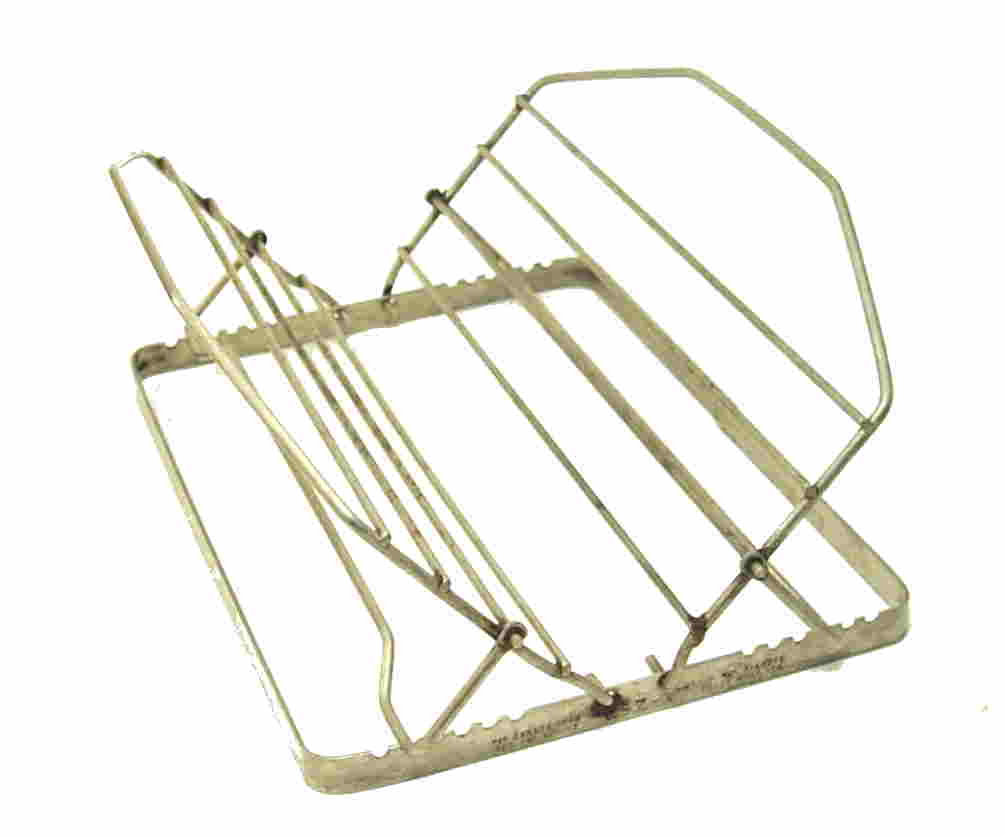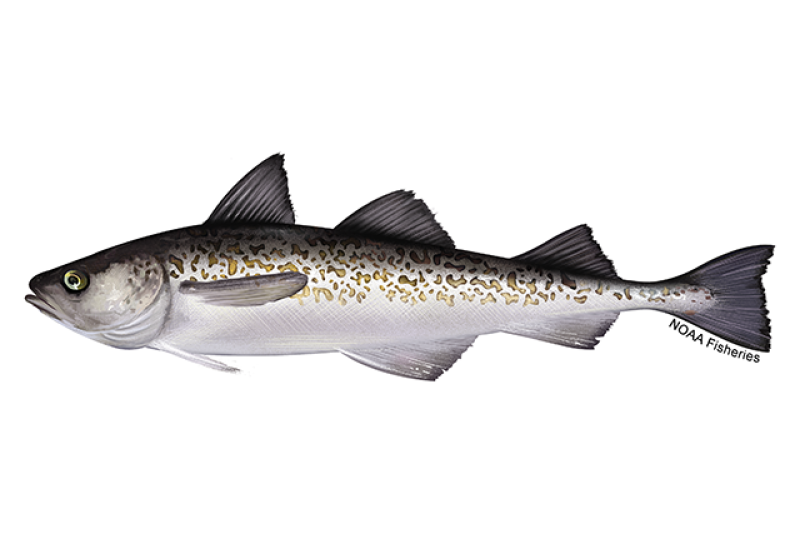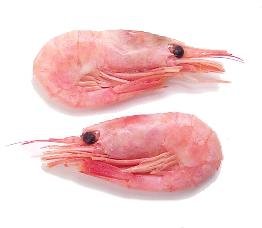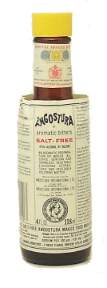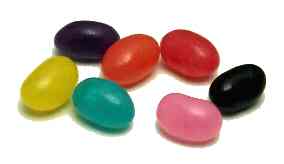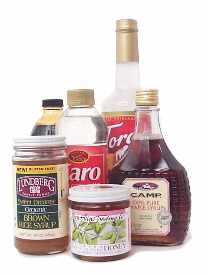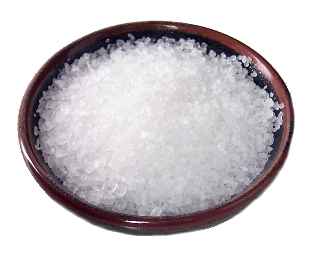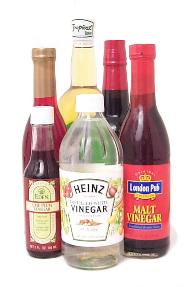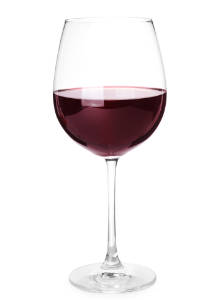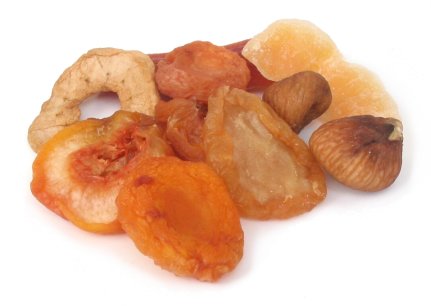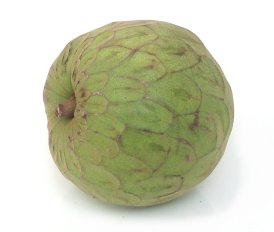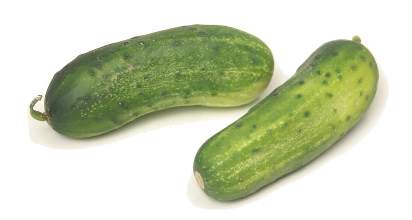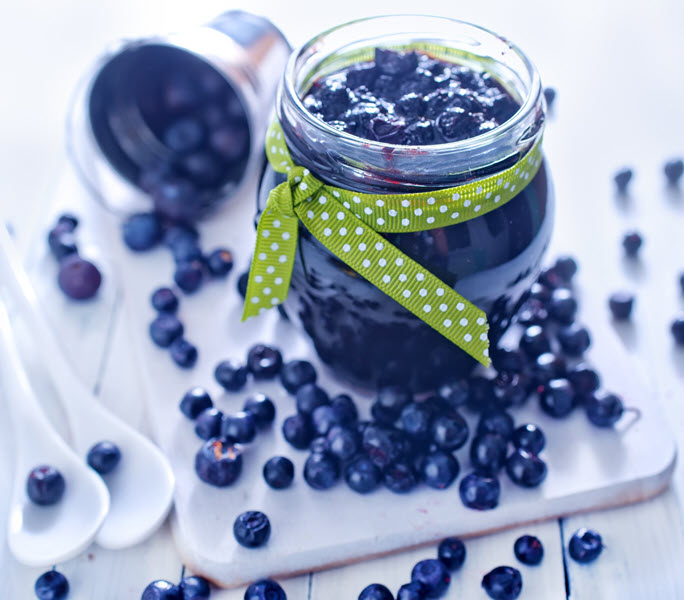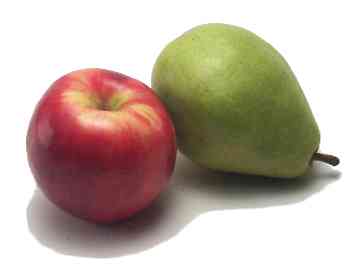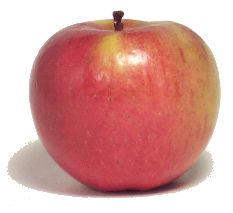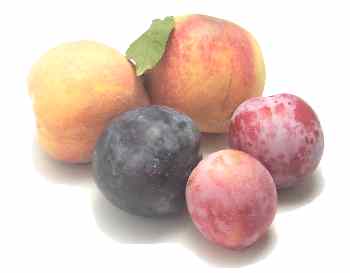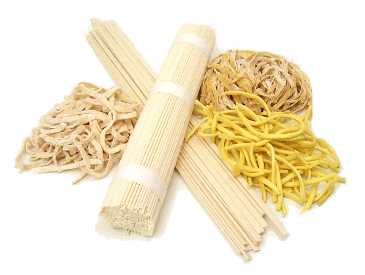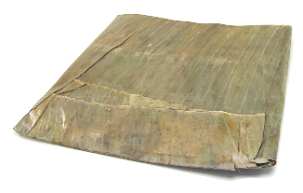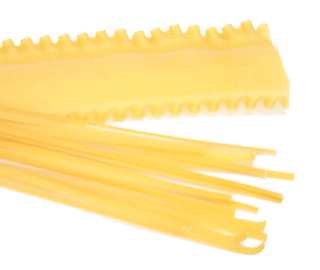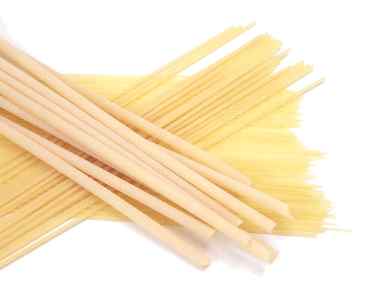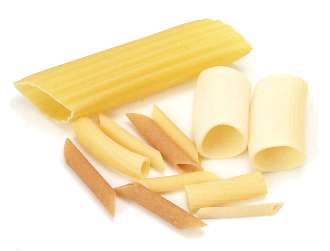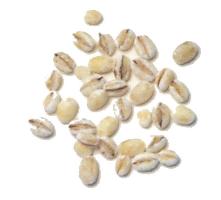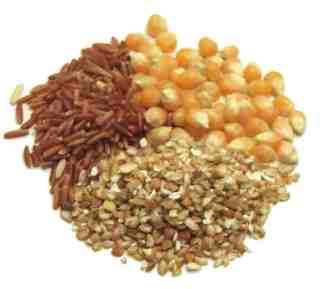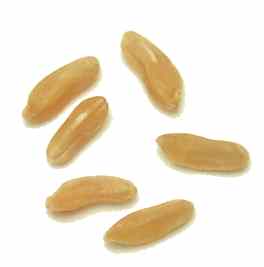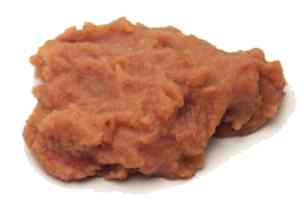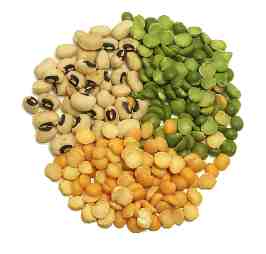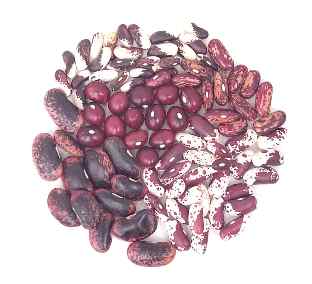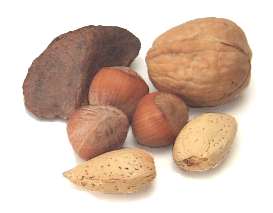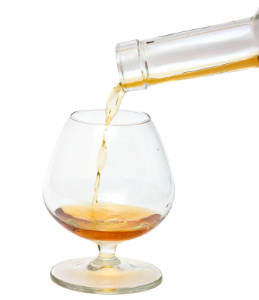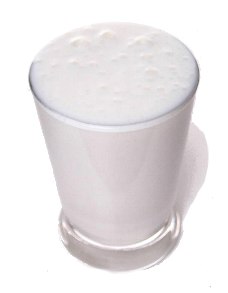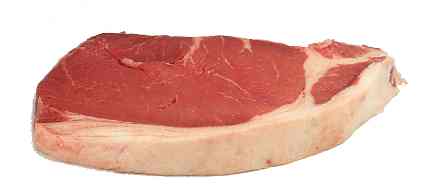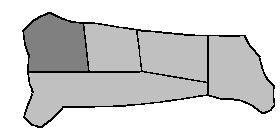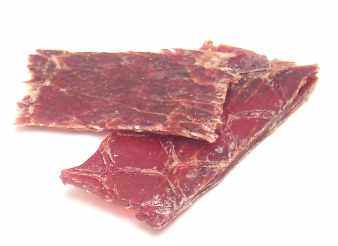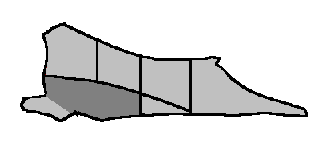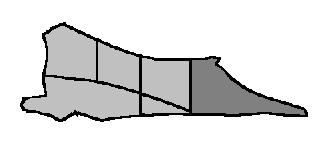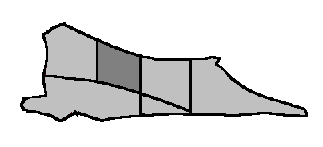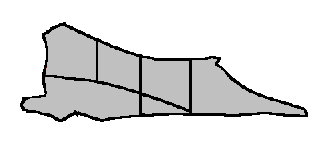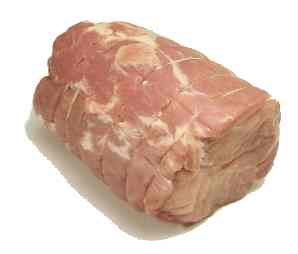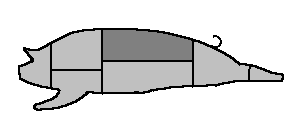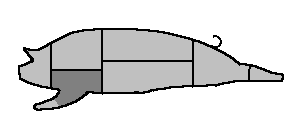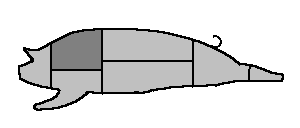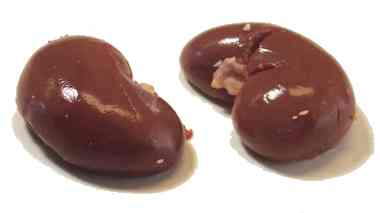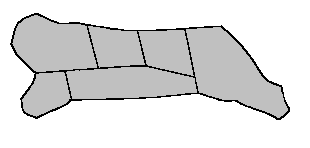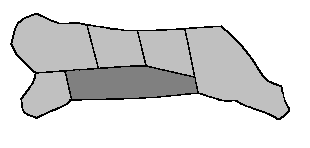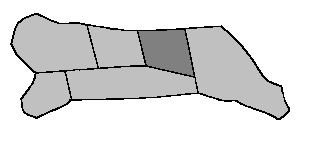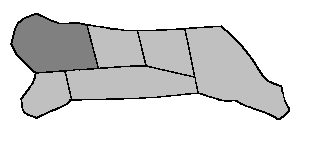Vegetables Category

Vegetables is a catch-all category that includes many of the edible parts of a plant, like stems, roots, flowers, tubers, and leaves. Some biological fruits that aren't very sweet, like tomatoes, squash, peppers, eggplants, and beans, are considered by cooks to be vegetables.
winged bean
This pods have deep ridges, and attached leaves that open up like wings. Young ones are best. Don't confuse this with the yard-long bean, which is also sometimes called an asparagus bean.
Learn morewinter melon
This Asian squash-like fruit has a mild flavor similar to a cucumber. It should be peeled, seeded, and cooked before eating. Don't confuse it with sweet melons like Honeydews or cantaloupes, which sometimes also go by the name "winter melons."
Learn morewinter purslane
This resembles ordinary purslane, only the leaves and stems are smaller and more delicate.
Learn morewinter squash
Winter squash come in many sizes and shapes, but all have hard outer rinds that surround sweet, often orange flesh. Winter squash arrive late in the growing season and they have a long shelf life, so they've long been a staple in winter and spring, when other vegetables are harder to come by. Unlike summer squash, winter squash must be cooked. They're usually baked or steamed, and then sometimes puréed. Select squash that are heavy for their size.
Learn morewood ear mushroom
Chinese markets carry fresh or dried pieces of this tree mushroom. You're supposed to soak or simmer the dried chips until they soften, and then rinse them carefully to remove any dirt. They're not very flavorful, but they have an interesting texture and are believed to have medicinal benefits.
Learn moreyam
Americans use the word "yam" to refer to a sweet, moist, orange-fleshed variety of sweet potato. To everyone else in the world, a yam is what Americans call a tropical yam, a firm tuber with white flesh. Varieties of American "yams" (sweet potatoes) include the garnet yam (pictured at left) and the jewel yam.
Learn moreyam leaves
Yam leaves are the young leaves of the yam (sweet potato) plant. They are used as flavorful greens in various dishes worldwide.
Learn moreyamaimo
This is a sticky yam that the Japanese peel and grate or julienne for salads. It's also fried or used to make soba noodles.
Learn moreyard-long bean
These beans usually aren't a yard long--half a yard is more typical. Asians like to cut them into smaller pieces and add them to their stir-fried dishes. You can also boil or steam them like green beans, though they're not as sweet and juicy. They don't store well, so use them within a few days of purchase.
Learn moreyellow Finn potato
These are great all-purpose potatoes, known for their yellow flesh, creamy texture, and buttery flavor.
Learn moreyellow foot mushroom
Though not as flavorful as golden chanterelles, these mushrooms work well in most chanterelle recipes.
Learn moreyellow onion
This is what most cooks reach for when a recipe simply calls for "onion." It's higher in sulfur than the white onion, so it has a more complex flavor. The sulfur, unfortunately, is also what makes you cry when you cut into it. Yellow onions turn a rich brown and become sweeter and milder when cooked. Many people find them too pungent to eat raw.
Learn moreyellow squash
This category includes yellow straight-neck squash and yellow crookneck squash. They're interchangeable with zucchini.
Learn moreyellow wax pepper
These are easily confused with milder banana peppers. Sample before using. They are moderately hot.
Learn moreYukon Gold potato
These are good all-purpose potatoes that have yellow flesh and a rich flavor. They're great for boiling, but they tend to fall apart if over-cooked.
Learn morezucchini
America's most popular summer squash, zucchini can be served raw, sautéed, baked, grilled, and even shredded and baked in a cake. Green zucchini is the most popular, but some grocers also carry a bright yellow variety. There's also a globe-shaped round zucchini that's easy to stuff.
Learn more

